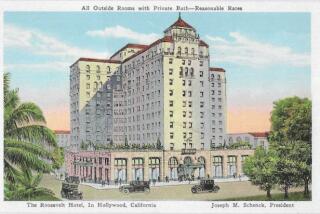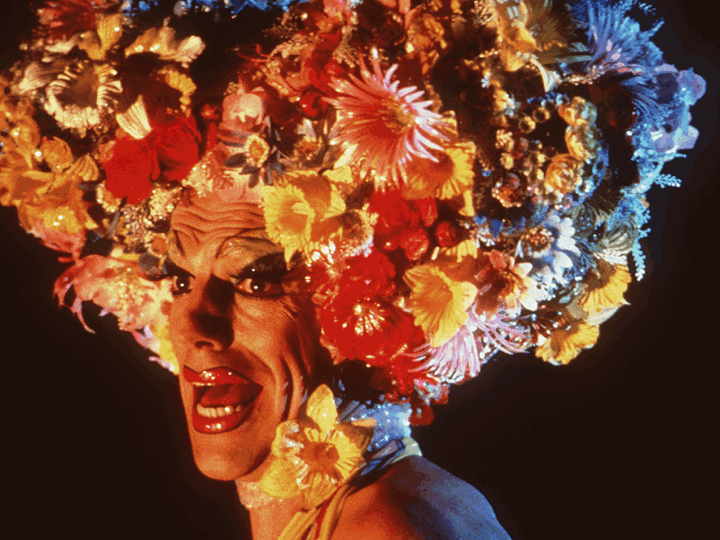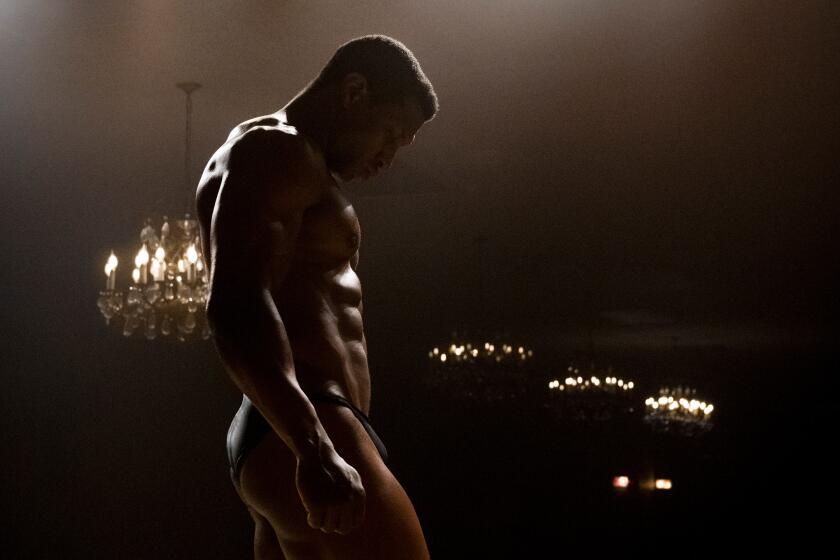In Search of . . . Jeanne Crain
- Share via
One of the few stars of the ‘40s to work extensively in the ‘50s, Jeanne Crain was seen less often thereafter, ending her career with “The Night God Screamed” (1975).
Yet she still receives a daily bundle of fan mail at her Westwood home, much of it from parts of the world where some of her films are only now being seen, forwarded by the 20th Century Fox mail room or simply bearing the address: “Jeanne Crain, Hollywood, Calif.”
“They (sometimes) write as if the films were just being released,” says Crain of her new fans and vintage films. “They must have aged well.”
Crain was just 15 when she was named Miss Long Beach of 1941. A year later, she was dubbed Camera Girl of 1942--and went under contract to Fox.
At 18, she was an established star, specializing in girl-next-door parts, mostly in comedies. But she dramatically played against type with “Pinky,” the landmark 1949 film in which she played a young black woman who “passed” for white, earning a best-actress Oscar nomination.
Crain’s career eventually encompassed a variety of roles and some timeless titles: the period comedies “Margie” (1946) and “Cheaper by the Dozen” (1950); the musicals “Centennial Summer” (1946) and “State Fair” (1945); stark dramas including “The Tattered Dress” (1957), and Westerns like “Man Without a Star” (1955) and “The Fastest Gun Alive” (1956).
There have been opportunities since she retired, including a TV movie about a former movie queen. “The script was pretty frightening to me--about a haggard person sitting there watching all of her old films. I decided not to let this happen to me.”
Married since 1945 to businessman-rancher Paul Brinkman, Crain is the mother of seven. She and her husband run two working ranches in Northern California, and she paints portraits.
She has no regrets about her early retirement, she insists.
“You can’t hang on to a Hollywood career beyond its time. I just felt the cycle had passed.”
More to Read
Only good movies
Get the Indie Focus newsletter, Mark Olsen's weekly guide to the world of cinema.
You may occasionally receive promotional content from the Los Angeles Times.










